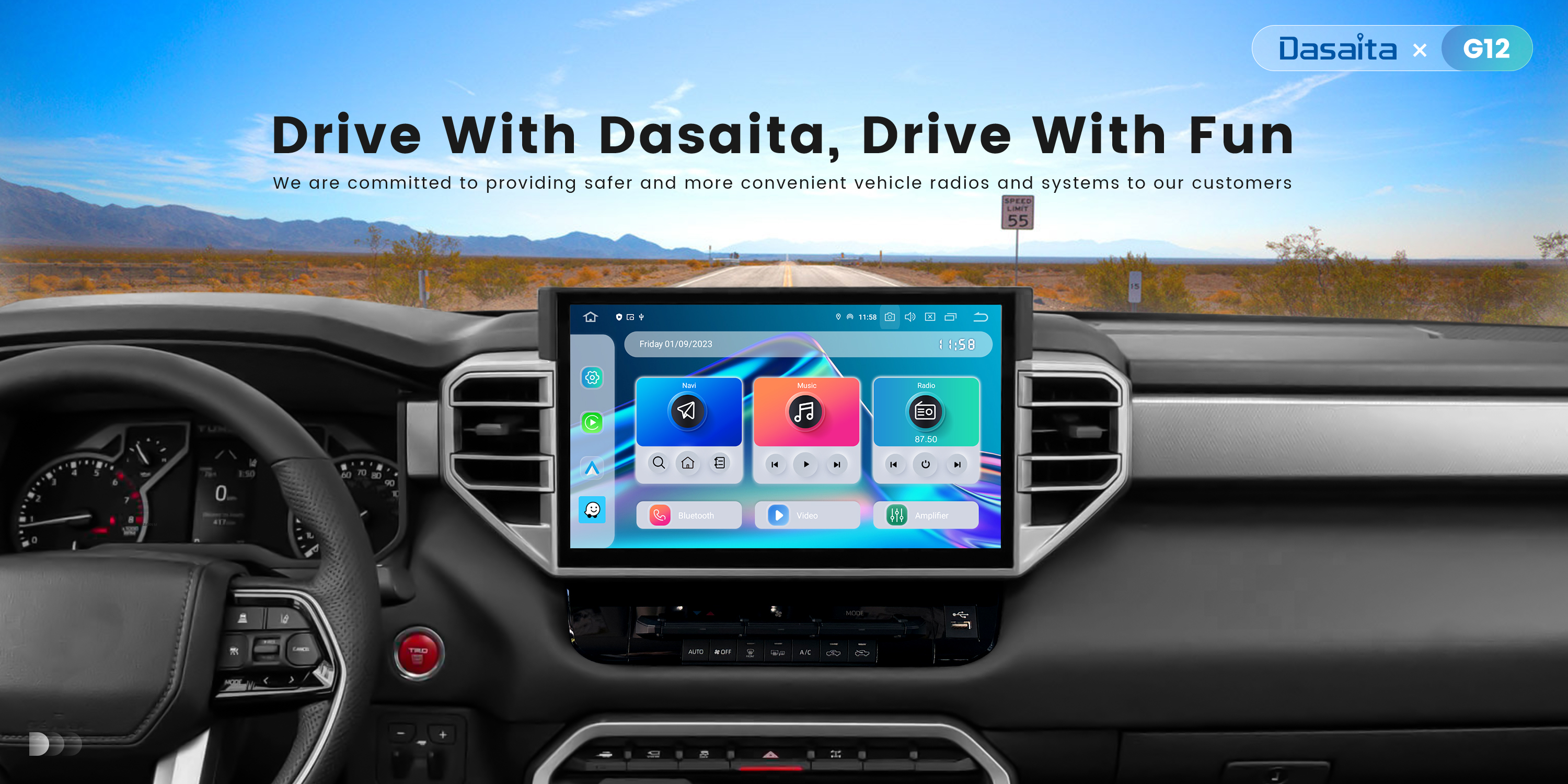It’s hard to imagine now, but back in 2003, buying music meant a trip to the store or downloading from questionable websites. That all changed on April 28, 2003, when Apple launched the iTunes Store — a legal, streamlined way to buy and download songs directly to your computer.
Initially available only for Mac users, the iTunes Store quickly expanded to Windows by the end of its first year. Apple CEO Steve Jobs struck deals with major record labels, offering tracks for just $0.99. In the first 18 hours alone, 275,000 songs were sold. Within two weeks, that number grew to 2 million — a testament to how hungry users were for a digital music revolution.
By 2008, just five years after launch, the iTunes Store had become the largest music vendor in the U.S. Two years later, it was the top music retailer globally, pulling in over a billion dollars.
Want to explore classic digital music history or start your own collection? Get a Cheap iTunes Account here and unlock millions of songs, albums, and more instantly.
Pricing was simple and accessible: individual tracks were usually $0.99, with some rising to $1.29. Albums typically cost $9.99. Apple also regularly gave away free tracks, making the store even more appealing to music fans on a budget.
But music wasn’t the only focus. Before the App Store launched in 2008, the iTunes Store also included apps, digital books, podcasts, and even movies and TV shows. It was Apple’s all-in-one hub for digital content.
However, the 2010s brought change. Streaming platforms like Spotify, which debuted in the U.S. in 2011, began to dominate. By 2016, digital downloads only accounted for 24% of music industry revenue, while streaming claimed over half.
Apple responded with Apple Music in 2015, built from its acquisition of Beats Music. As consumer behavior shifted, so did Apple’s priorities.
Today, the iTunes Store still exists — mostly. On iPhones, you can still find the app for buying songs and albums. On Mac, it’s now part of the Apple Music app. Other content, like TV and podcasts, have moved to separate apps, reflecting how digital consumption has evolved.
Still prefer owning music? Buy iTunes Accounts here and support artists while keeping your favorite songs forever.





